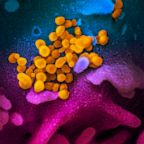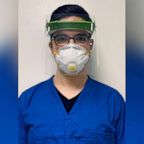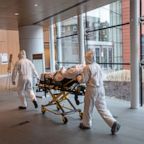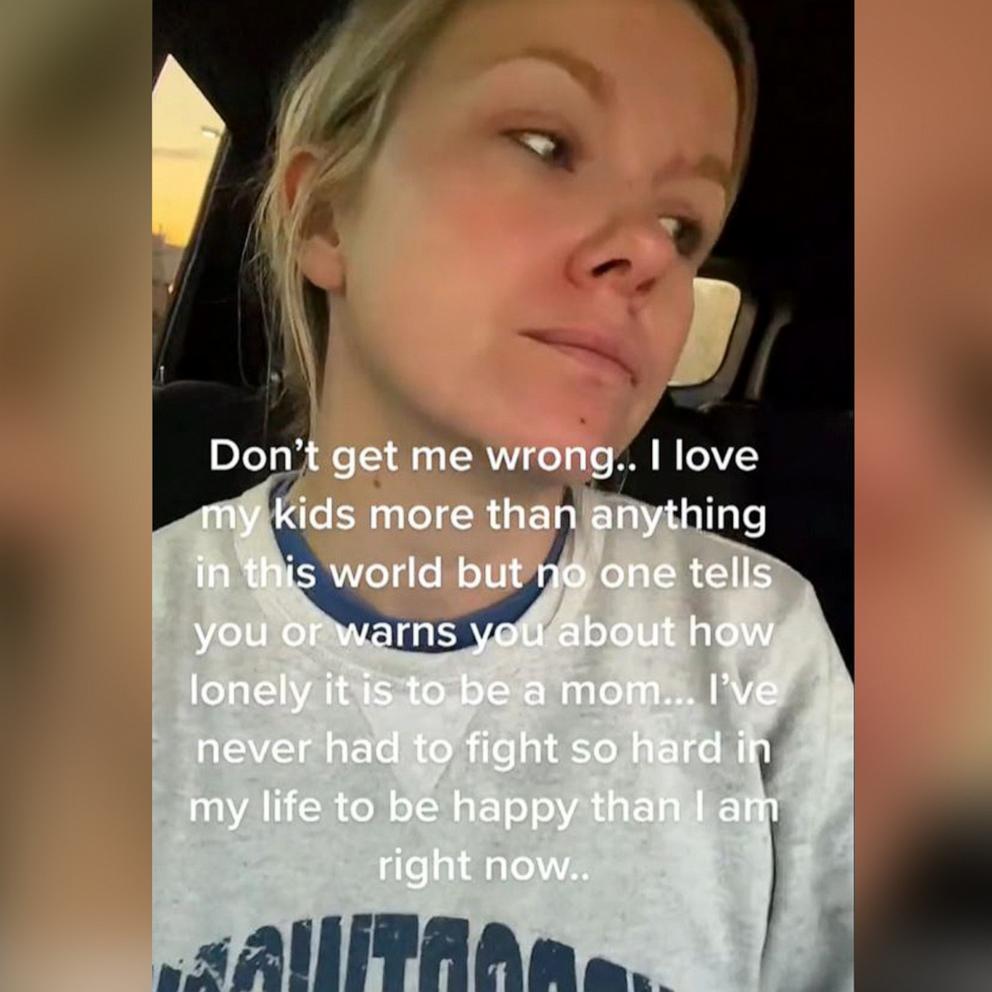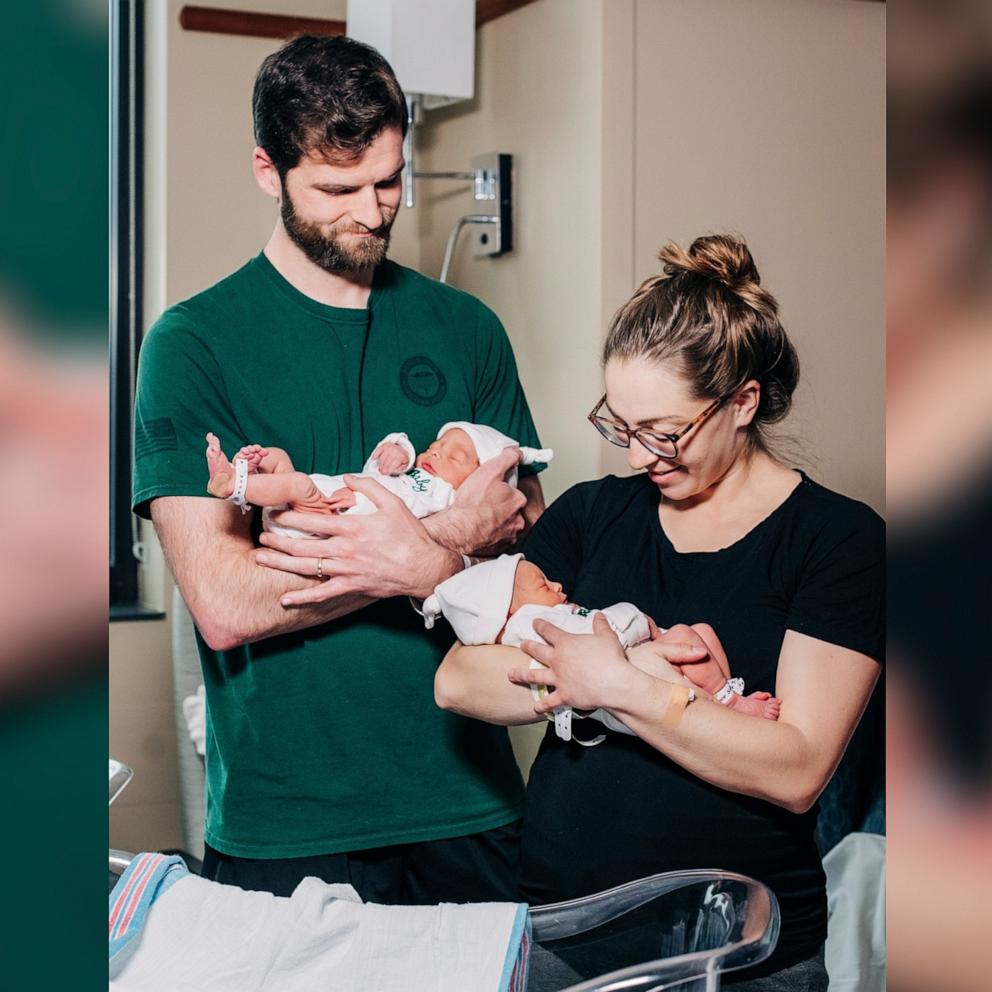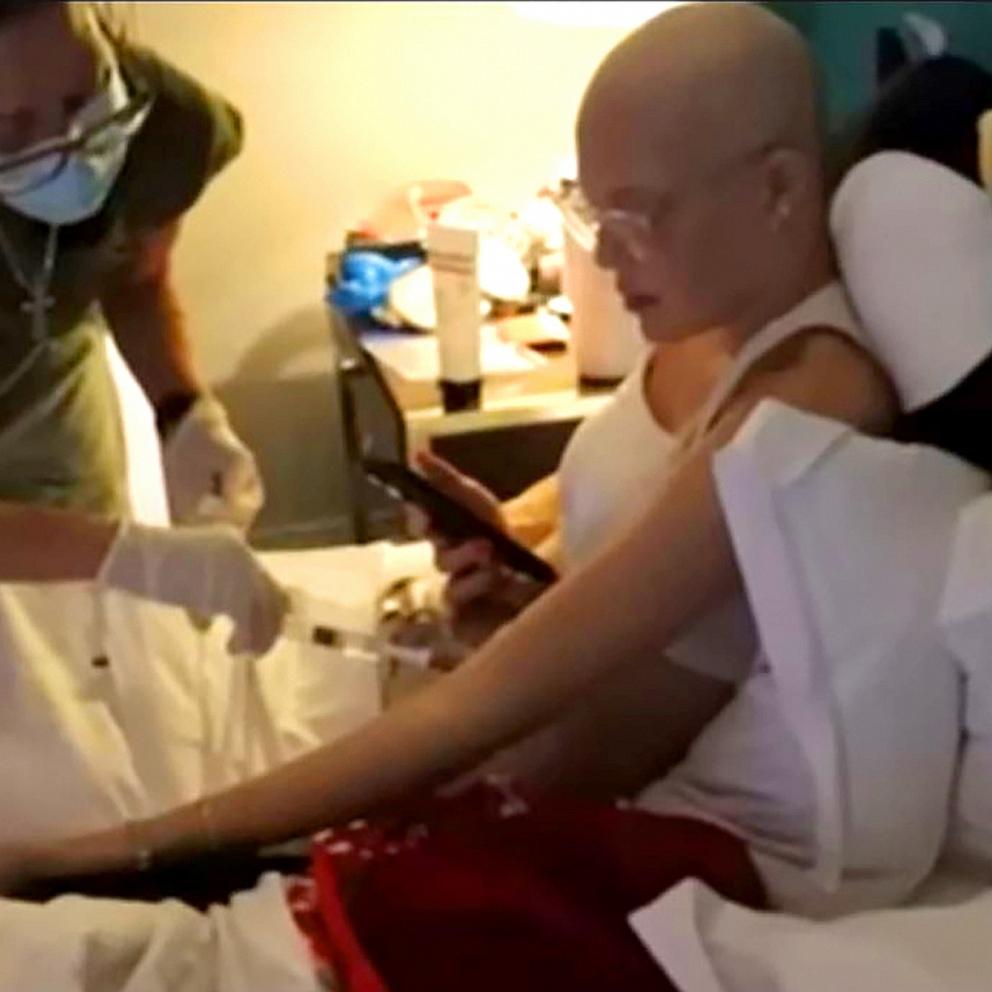I took the contact tracer training, and here's what I learned
I have a full-time job and no plans to leave it, but when Johns Hopkins launched an online course for contact tracers last week, I itched to enroll.
I'm a health reporter, which these days means lots of interviews with scientists and doctors about COVID-19 and the virus that causes it. I'm well-informed and curious, but I don't have any formal science or health training beyond what I've learned on the job over the past decade.
The course is meant as a prerequisite for the 6,400 to 17,000 contact tracers that New York plans to hire to help amid the COVID-19 outbreak in the state. It's also free, online and available to the general public.
Did I have what it takes to be a contact tracer? I felt compelled to find out.
I wasn't alone. By the morning of May 15, just five days after the course opened, 80,000 people had enrolled and 10,000, myself included, had completed the 5-to-6-hour video learning program.
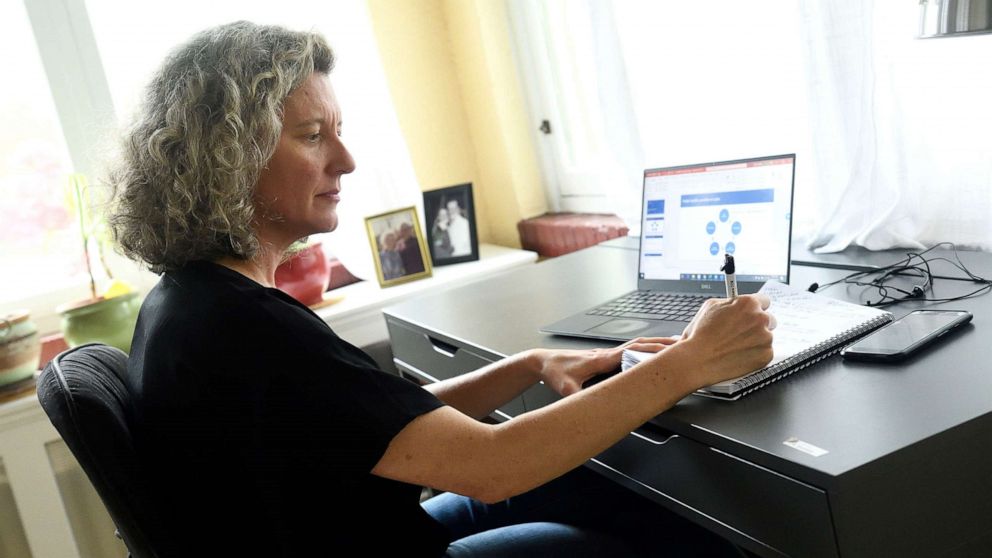
"It's clear to me that this is more than a course," said Emily Gurley, the course's instructor and an associate scientist at Johns Hopkins Bloomberg School of Public Health.
For many people, Gurley said, the training is a pathway to protecting their family in a time of uncertainty. For others, it offers a path to employment as a contact tracer.
"For all of us, it's one small step in how we can return to life," she explained.
What the contact tracing training course entails
The course is made up of a series of videos and quizzes, broken into five modules: COVID-19 basics, contact tracing basics, step-by-step contact tracing, ethics and communication skills. It's capped off with a 40-question final exam.
While advertised as a 5-to-6-hour training, it took me several hours longer than that to finish. It wasn't hard (I sailed through with a 99.4%), but I paused to take notes and break for meetings, and since health reporting is my job, I wanted to do well.
I was tired by the time the coursework wrapped and decided to delay taking the final exam until the following morning. Job seekers who care about their score may want to allocate more than 5 or 6 hours for the course and break up the work and exam over two days.
The A, B, Cs of contact tracing
Put simply, a contact tracer's job is to support people who've tested positive for COVID-19 and to identify anyone else they've come into contact with and potentially exposed to the disease. The contact tracer reaches out to individuals who've been exposed and advises them to quarantine for 14 days.
The goal: limiting contact between people who are infected and others to reduce opportunities for the virus to be transmitted further.
While straightforward on paper, in practice, the role requires being one part health worker, one part investigator and one part therapist.
The course tackles sensitive situations in which a person who tests positive might be reluctant to disclose their contact list: They may be having an affair, for example, or may be undocumented. There's a chance that the contact tracer might know the person they are calling, especially if they live in the community they serve.
Protecting patient privacy and building rapport, so that patients are honest with contact tracers about where they've been and who they have interacted with while infectious, requires finesse.
The course also alludes to potential pitfalls in the contact tracing system itself, including getting Americans to answer calls from an unknown number, a problem Massachusetts and Michigan health officials are already reporting.
In Massachusetts, half of the calls from contact tracers in the state were going unanswered, Gov. Charlie Baker explained at a May 7 news conference.
"I know a lot of you don't answer the phone when you see an unknown caller reaching in, but I implore you to answer the call if it comes," Michigan Gov. Gretchen Whitmer said at an April 20 news conference.
There are strategies for improving call rates, like displaying that the call is from the health department, issuing public service announcements and texting before calling. Call rates in Massachusetts have since improved, according to state health officials. Still, unanswered calls remain a concern.
"People just have to understand why they are being called," Gurley said. "It's because you want to help them so that they don't infect other people."
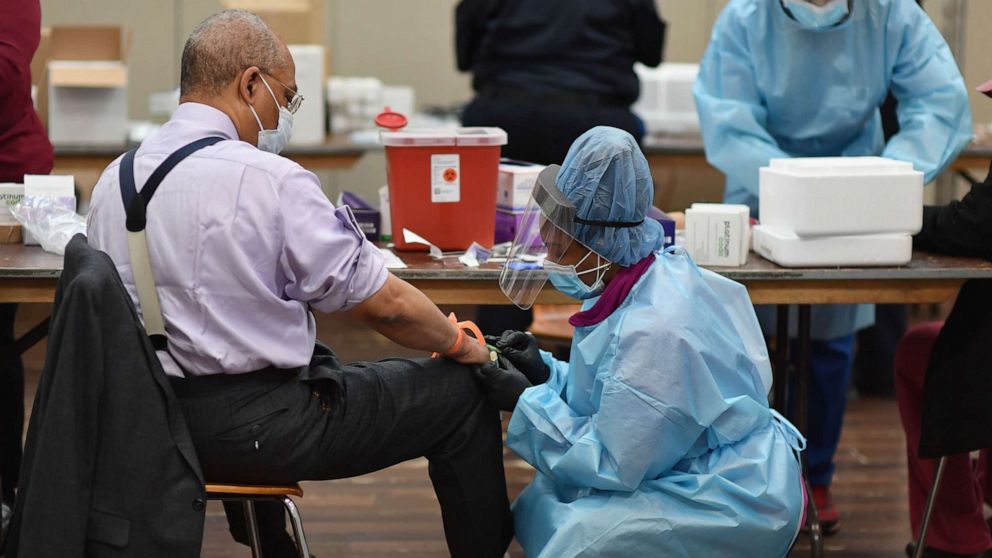
If individuals have concerns that extend beyond avoiding robocalls, such as being unable to collect a paycheck while quarantined, many health departments can direct them to organizations and resources to help them obtain food, medicine, safe shelter and notes to their employers.
"People have legitimate concerns about their jobs," Gurley added. "In many places there are ways to help people."
You can still learn something even if you don't want to be a contact tracer
People like me, who don't plan to interview for contact tracer jobs, can still learn something from the course.
I live in New York and my partner and I have had friends and family members both test positive for and get sick with COVID-19.
While I'd still leave medical advice to their doctors, I found myself wishing I'd taken the course before they'd gotten sick.
Post-training, I have a better understanding of how long people with COVID-19 are infectious, I feel more comfortable explaining the difference between isolation and quarantine and I have a better understanding of what counts as a close contact in New York (it varies depending on where you live). If I have loved ones who get sick in the future, I'll be able to give them better and more informed support.
As for me, I've been lucky enough to stay healthy so far, but if that call from the health department eventually comes, I'm ready.
What to know about the coronavirus:
- How it started and how to protect yourself: Coronavirus explained
- What to do if you have symptoms: Coronavirus symptoms
- Tracking the spread in the U.S. and worldwide: Coronavirus map
Tune into ABC at 1 p.m. ET and ABC News Live at 4 p.m. ET every weekday for special coverage of the novel coronavirus with the full ABC News team, including the latest news, context and analysis.
